Dorset Integrated Care System (ICS) Innovation Hub: Open call for priority support
Dorset ICS Innovation Hub
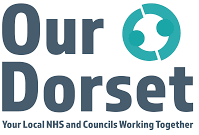
To help improve health and social care outcomes, equity and accessibility across Dorset, University Hospitals Dorset NHS Foundation Trust is implementing a Dorset Innovation Hub. It will seek to address the unique challenges of caring for the population of Dorset, and the need to innovate and transform care.
The Hub will support adoption of proven innovations across the Dorset ICS. It will coordinate horizon scanning approaches and prioritise which innovations to bring to Dorset for rapid adaptation and adoption, at scale. A core project team of innovation multidisciplinary professionals will be assisted by a wider well-established network of subject matter experts.
Details of the Call

The Innovation Hub recognises that there is a plethora of improvement, transformation and innovative workstreams being undertaken and it has therefore been agreed that an open call would be made to partner organisations such as Bournemouth University so that each could made one request for priority support.
Priority Support Available
The Innovation Hub is seeking to support a range of local priorities across health and social care in the process towards implementation and adoption via the following ways:
- Project management and oversight
- Horizon scanning
- Implementation
- Training and education
- Benefits realisation including evaluation
- Finance, commission, and procurement advice
- Quality and risk advice
- Patient, public engagement advice
 Therefore, if you have a health or social care related project that supports these local priorities and which would benefit from additional priority support to speed its implementation and adoption, you are strongly encouraged to submit your project for nomination.
Therefore, if you have a health or social care related project that supports these local priorities and which would benefit from additional priority support to speed its implementation and adoption, you are strongly encouraged to submit your project for nomination.
Eligibility
Bournemouth University will nominate one project to go forward for priority support consideration by the Innovation Hub core project team.
Nomination assessment criteria
All projects submitted before the deadline will be evaluated using the following scoring criteria:
- The project provides a solution to a problem in one of the following areas: Health inequalities/Population health management/Place based interventions/Workforce/Winter planning/Implementing clinical services review/Digital/COVID recovery
- Novelty (Score 1-5): Projects should be novel and highly innovative in their support of local health or social care priorities.
- Alignment with SIAs (Score 1-5): Projects that are nomination worthy will demonstrate alignment to the scope of one or more of the SIAs.
- Interdisciplinarity (Score 1-5): Projects that are nomination worthy will demonstrate how they will secure interdisciplinary working that will achieve stronger outcomes than disciplines working in silos.
- The potential for medium/long-term development and impact across Dorset (Score 1-5): Projects that are nomination worthy will demonstrate potential to secure societal impact with extensive reach and/or significance.
Application Process and Timescales
To apply, please complete and submit the application form to Lesley Hutchins (Research Commercialisation Manager) at innovate@bournemouth.ac.uk by 17:00 Friday 20 August 2021. Applications submitted after this time will not be considered.
Completed applications describing eligible projects will be reviewed by BU members of the Dorset Innovation Hub and the DDPPRs after the application deadline.
The nominated project will be informed and announced on the BU Research and Faculty blogs. BU’s nomination will be submitted to the Dorset ICS Hub for consideration on or before Tuesday 31 August 2021.
The Dorset Innovation Hub core project team will then approve which projects will be taken forward in their Tuesday 28 September 2021 meeting. If selected by the Innovation Hub, the BU nominated project’s Principal Investigators will be notified shortly thereafter.
Important: The Dorset ICS Open call for priority support may be promoted elsewhere. Please do not submit your application to any of these other portals as it will not be eligible for nomination. BU applications should only be submitted to innovate@bournemouth.ac.uk
Find out more
If you have any questions, please email Lesley Hutchins (Research Commercialisation Manager) at innovate@bournemouth.ac.uk
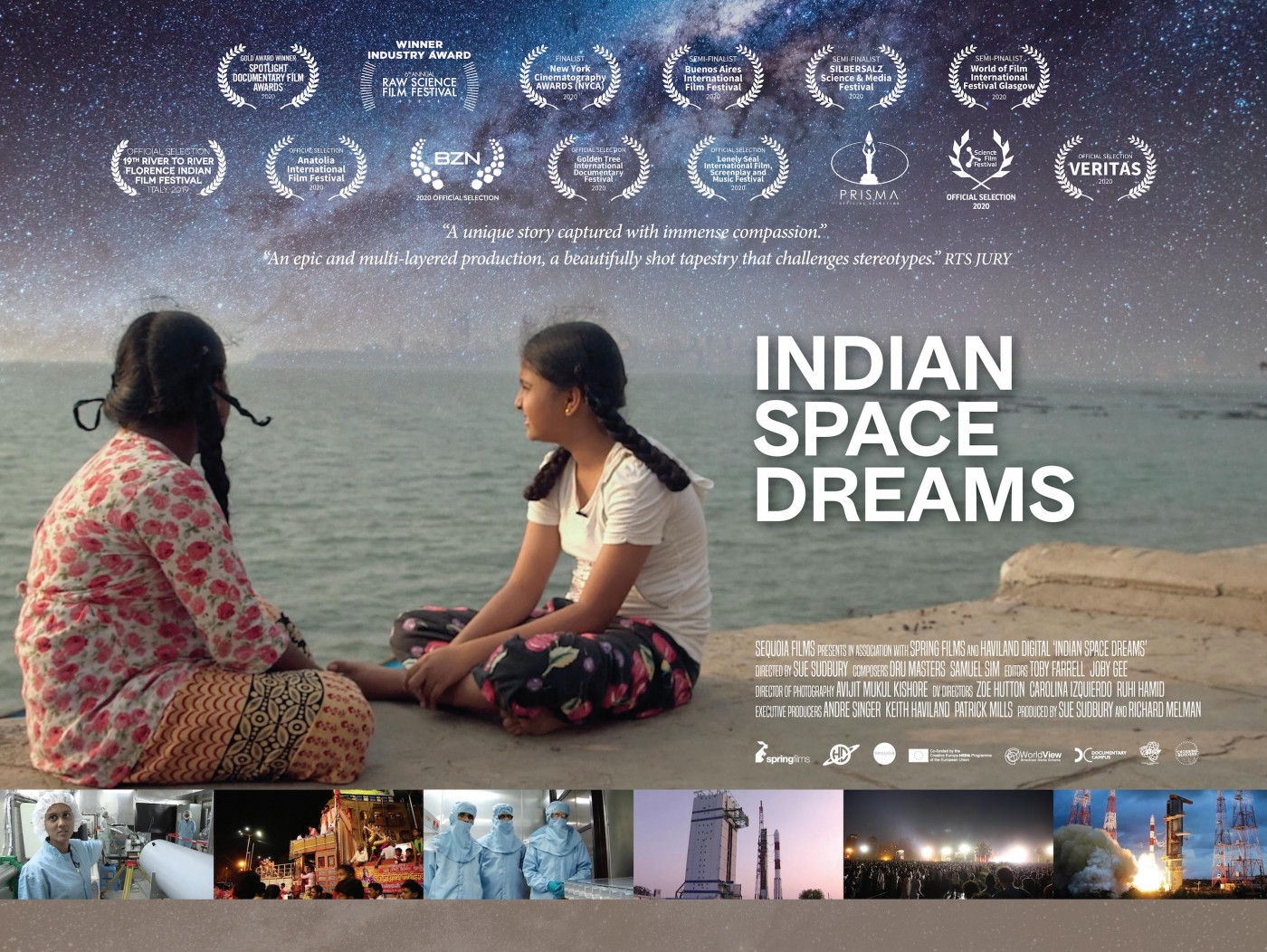
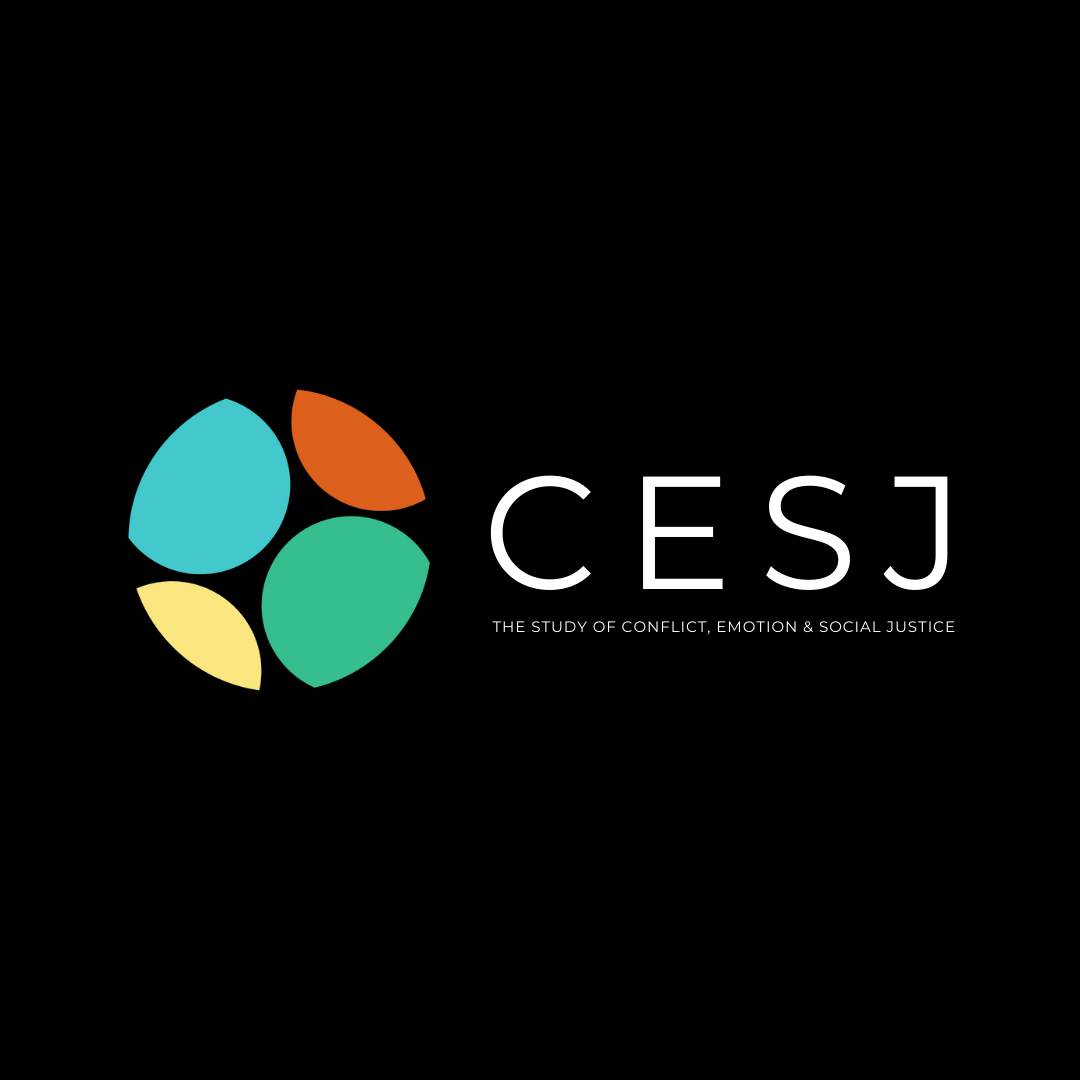
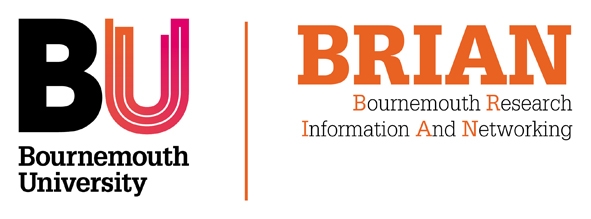

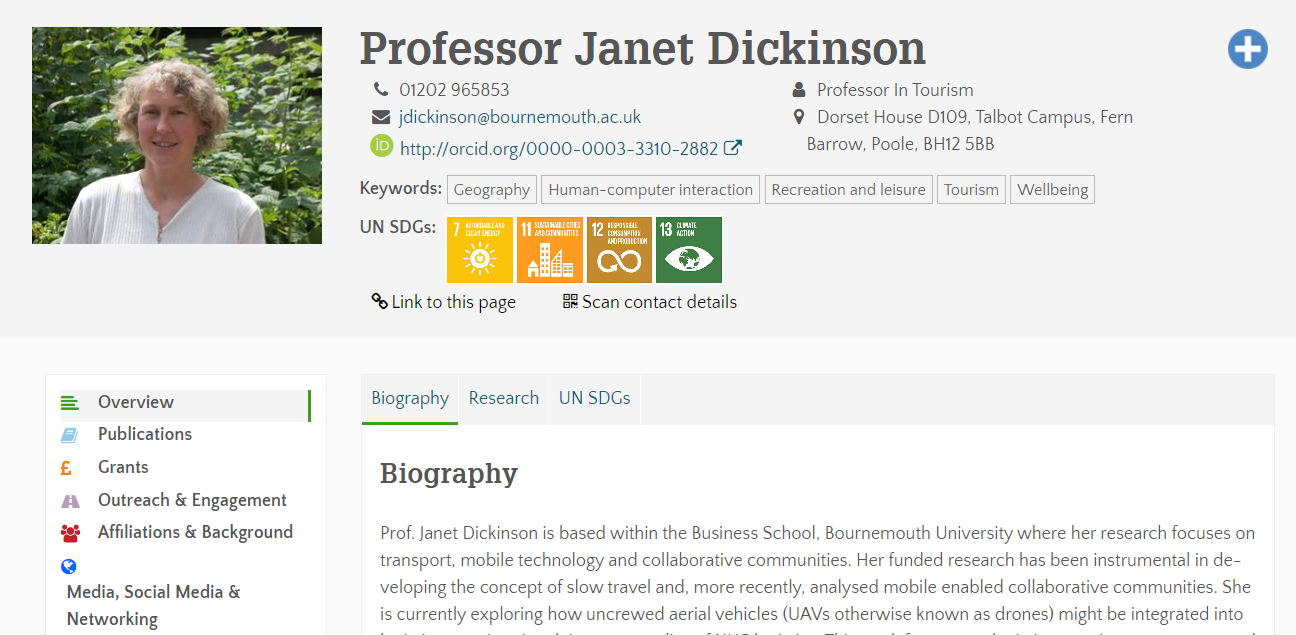
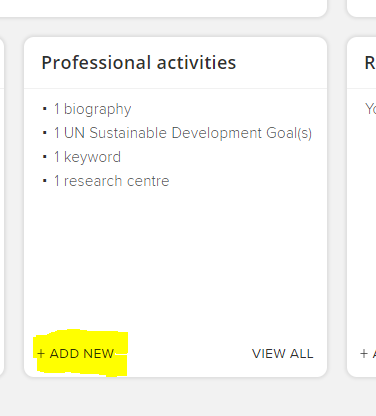
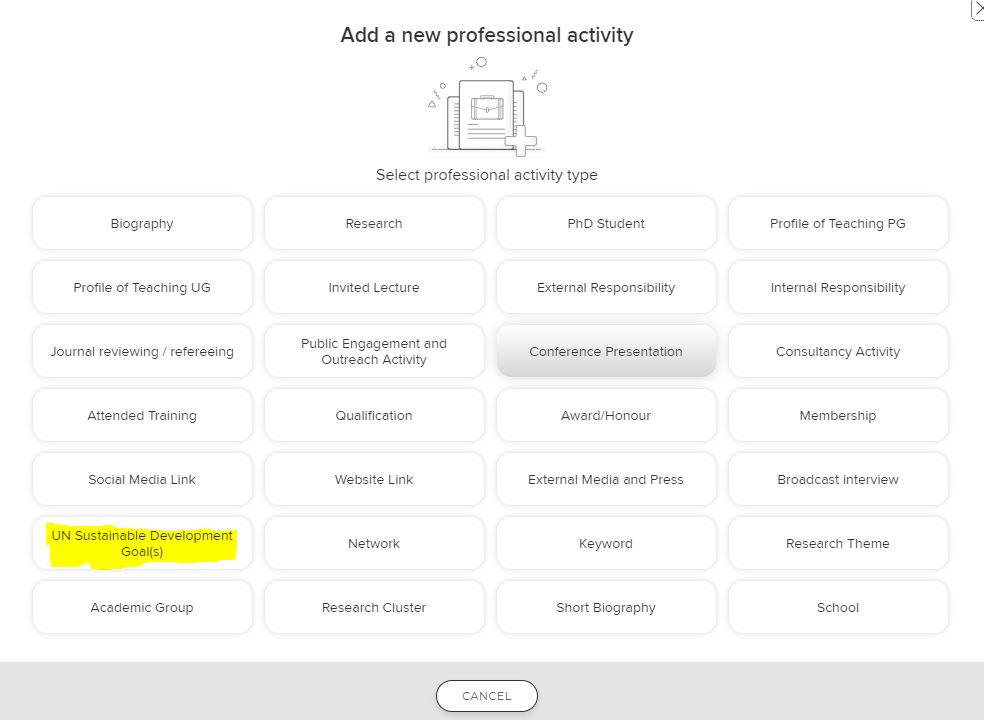
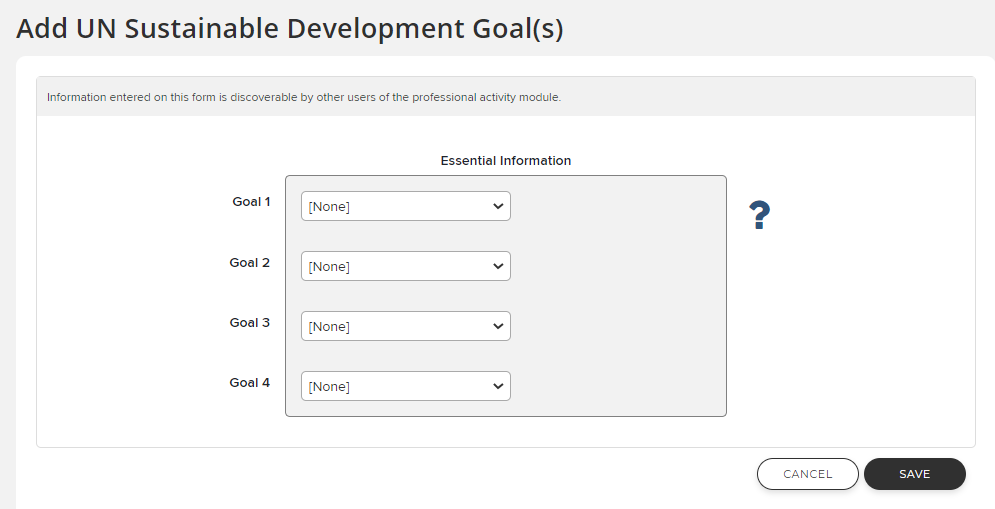


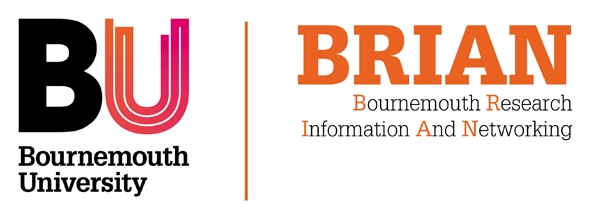
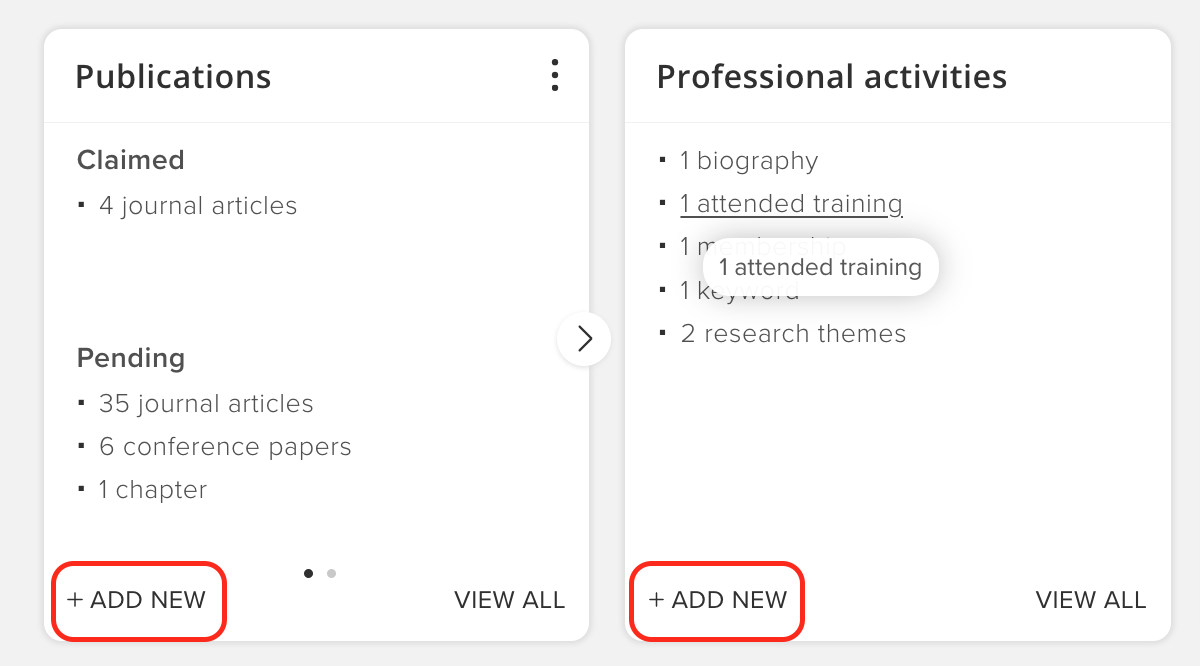
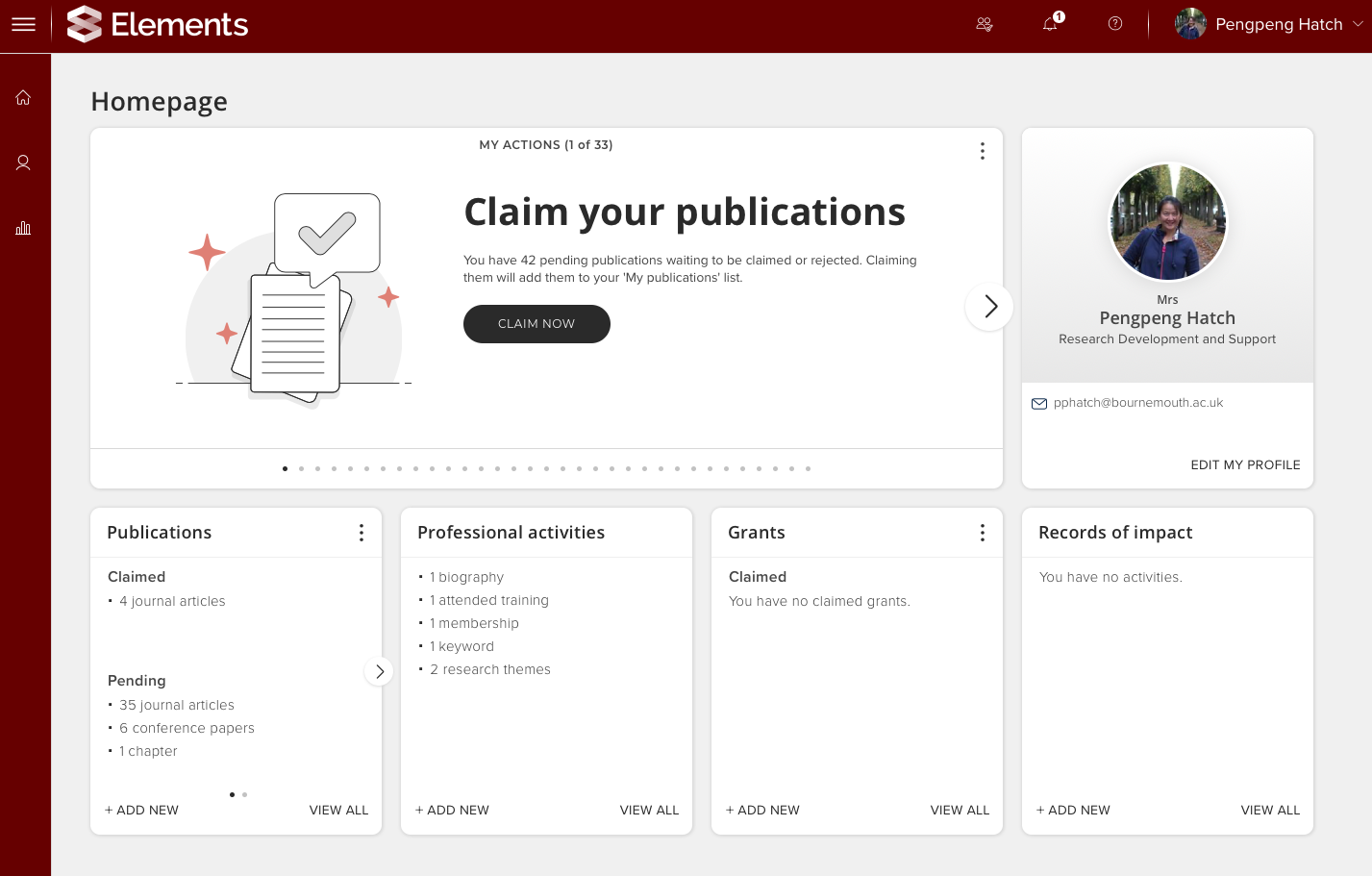
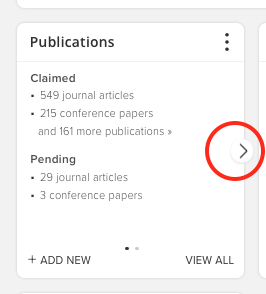
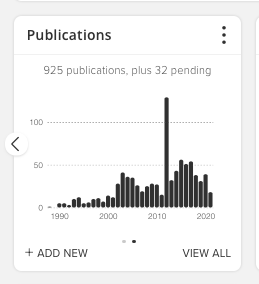
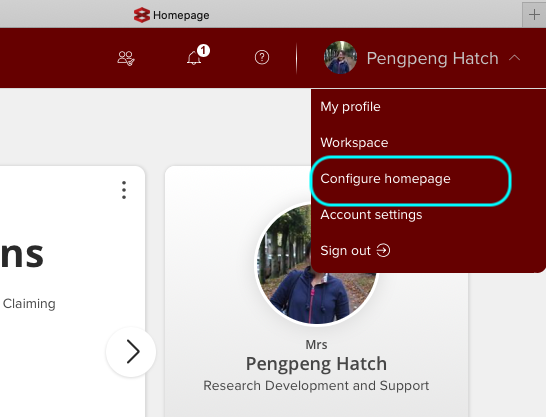
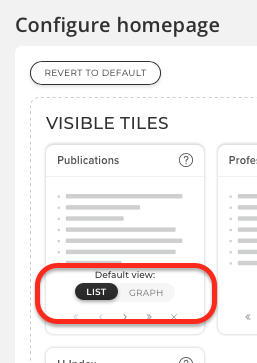
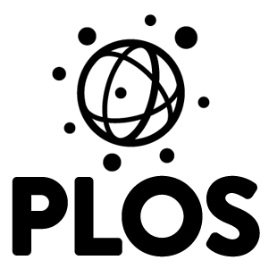 Starting 1 April 2022, all BU corresponding authors will no longer need to pay the Article Processing Charge (APC) for publishing with PLOS Computational Biology, PLOS Digital Health, PLOS Genetics, PLOS Neglected Tropical Diseases, PLOS ONE and PLOS Pathogens, due to the JISC PLOS flat fee agreement that Bournemouth University has signed up to.
Starting 1 April 2022, all BU corresponding authors will no longer need to pay the Article Processing Charge (APC) for publishing with PLOS Computational Biology, PLOS Digital Health, PLOS Genetics, PLOS Neglected Tropical Diseases, PLOS ONE and PLOS Pathogens, due to the JISC PLOS flat fee agreement that Bournemouth University has signed up to.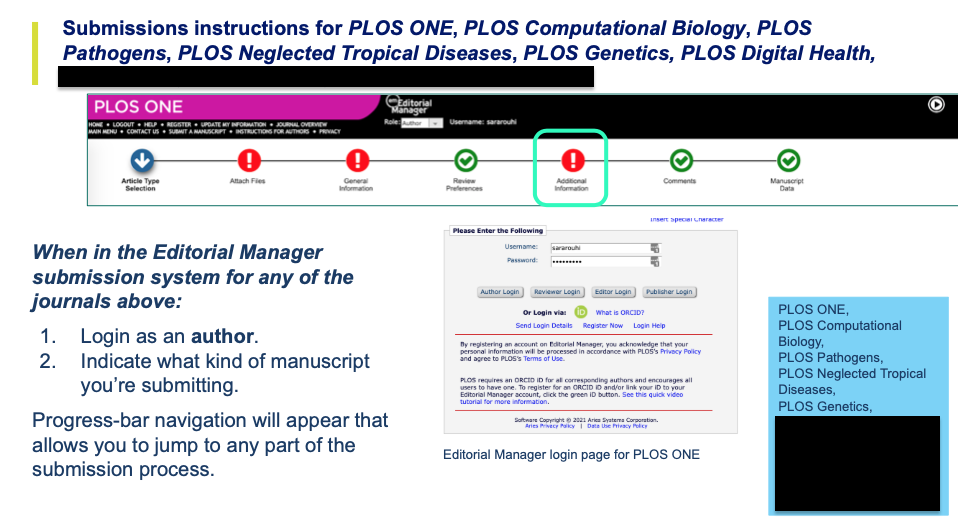
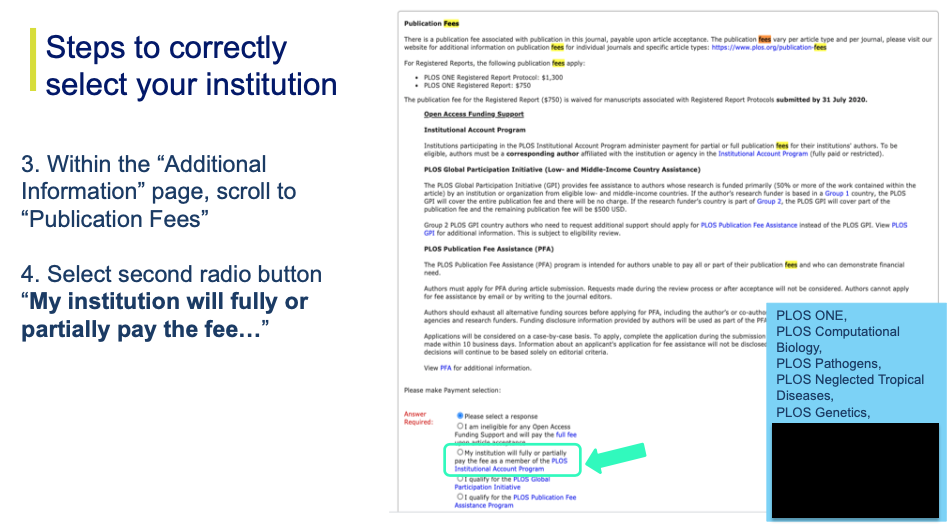
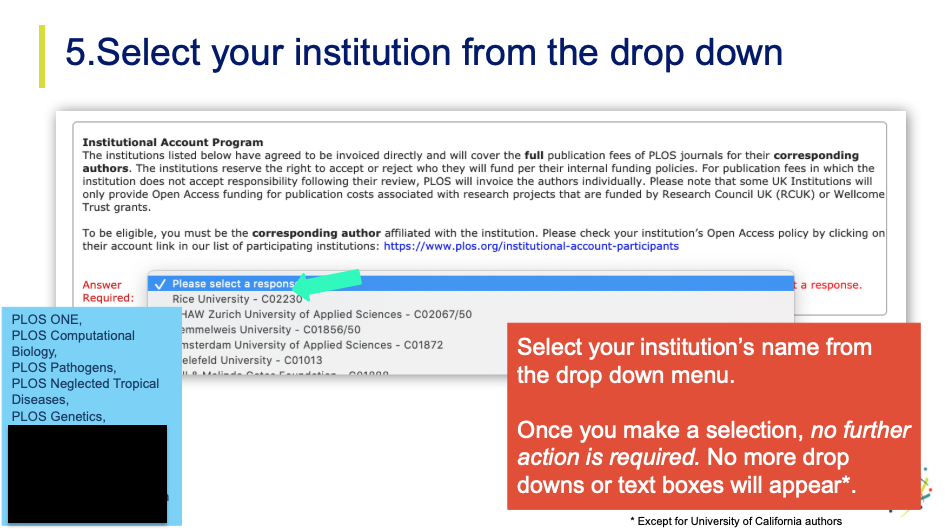
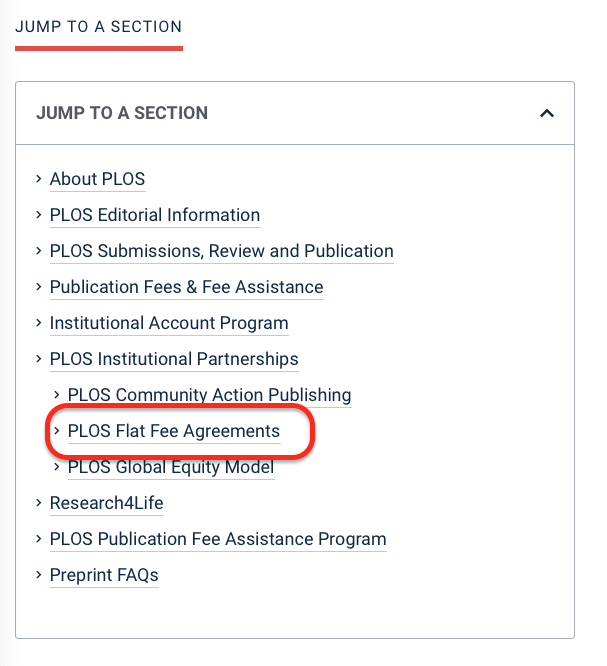
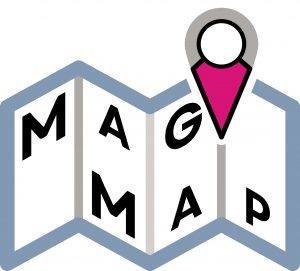 With the help of two BU LLM Public International Law students, over the next weeks, we will be conducting real-time open source documenting of mass graves. Our aim is to catalogue reporting on mass graves found in media outlets, civil society research, official statements. This will include gathering information on the recording of mass graves; the reporting on mass graves; information on victim numbers in mass graves; the protection of mass graves; alleged disturbances of mass graves and, where applicable, the investigation of mass graves.
With the help of two BU LLM Public International Law students, over the next weeks, we will be conducting real-time open source documenting of mass graves. Our aim is to catalogue reporting on mass graves found in media outlets, civil society research, official statements. This will include gathering information on the recording of mass graves; the reporting on mass graves; information on victim numbers in mass graves; the protection of mass graves; alleged disturbances of mass graves and, where applicable, the investigation of mass graves. An opportunity has arisen for an Impact Champion for Unit of Assessment (UOA) 23 (Education) to help drive preparations for the next REF. This role would initially be until summer 2022.BU is making early preparations towards units of assessment (UOAs) for the next Research Excellence Framework (REF) exercise. Each UOA has a UOA Leader, supported by Impact and Outputs Champions. The roles are recruited through an open and transparent process, which gives all academic staff the opportunity to put themselves forward for UOA Leader roles.We are currently seeking expressions of interest (EoI) from academic staff interested in supporting impact development for UOA 23 (Education). Impact Champions play a key role in shaping the impact element of their UOA’s submission, working closely with their Faculty’s Impact Advisor.Key responsibilities of the Impact Champion role include:
An opportunity has arisen for an Impact Champion for Unit of Assessment (UOA) 23 (Education) to help drive preparations for the next REF. This role would initially be until summer 2022.BU is making early preparations towards units of assessment (UOAs) for the next Research Excellence Framework (REF) exercise. Each UOA has a UOA Leader, supported by Impact and Outputs Champions. The roles are recruited through an open and transparent process, which gives all academic staff the opportunity to put themselves forward for UOA Leader roles.We are currently seeking expressions of interest (EoI) from academic staff interested in supporting impact development for UOA 23 (Education). Impact Champions play a key role in shaping the impact element of their UOA’s submission, working closely with their Faculty’s Impact Advisor.Key responsibilities of the Impact Champion role include:








 Therefore, if you have a health or social care related project that supports these local priorities and which would benefit from additional priority support to speed its implementation and adoption, you are strongly encouraged to submit your project for nomination.
Therefore, if you have a health or social care related project that supports these local priorities and which would benefit from additional priority support to speed its implementation and adoption, you are strongly encouraged to submit your project for nomination.









 REF Code of Practice consultation is open!
REF Code of Practice consultation is open! BU Leads AI-Driven Work Package in EU Horizon SUSHEAS Project
BU Leads AI-Driven Work Package in EU Horizon SUSHEAS Project Evidence Synthesis Centre open at Kathmandu University
Evidence Synthesis Centre open at Kathmandu University Expand Your Impact: Collaboration and Networking Workshops for Researchers
Expand Your Impact: Collaboration and Networking Workshops for Researchers ECR Funding Open Call: Research Culture & Community Grant – Apply now
ECR Funding Open Call: Research Culture & Community Grant – Apply now ECR Funding Open Call: Research Culture & Community Grant – Application Deadline Friday 12 December
ECR Funding Open Call: Research Culture & Community Grant – Application Deadline Friday 12 December MSCA Postdoctoral Fellowships 2025 Call
MSCA Postdoctoral Fellowships 2025 Call ERC Advanced Grant 2025 Webinar
ERC Advanced Grant 2025 Webinar Update on UKRO services
Update on UKRO services European research project exploring use of ‘virtual twins’ to better manage metabolic associated fatty liver disease
European research project exploring use of ‘virtual twins’ to better manage metabolic associated fatty liver disease